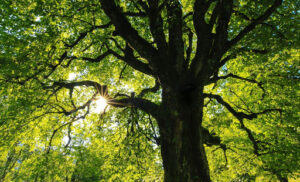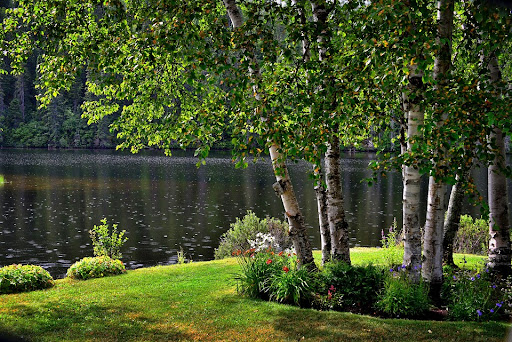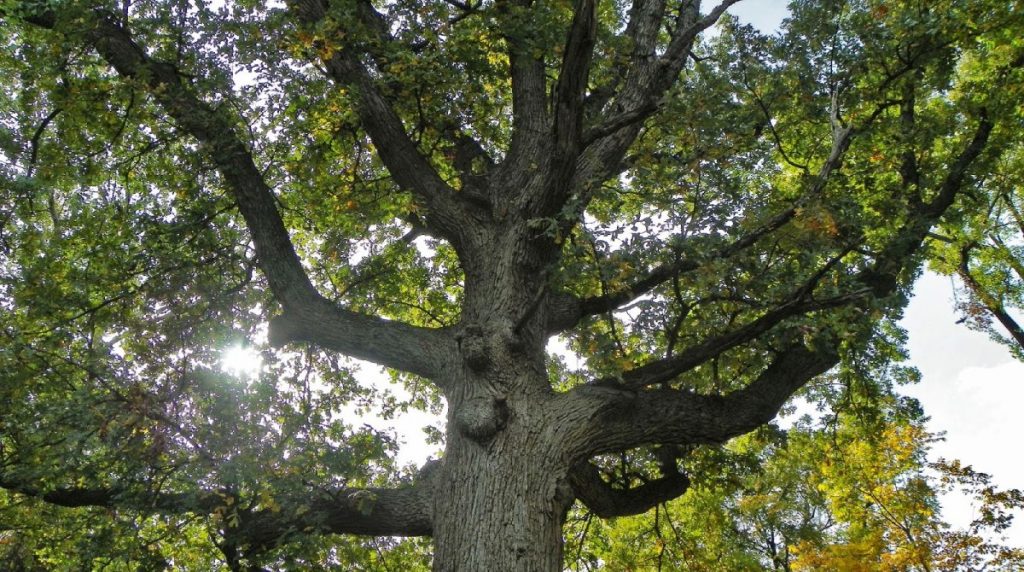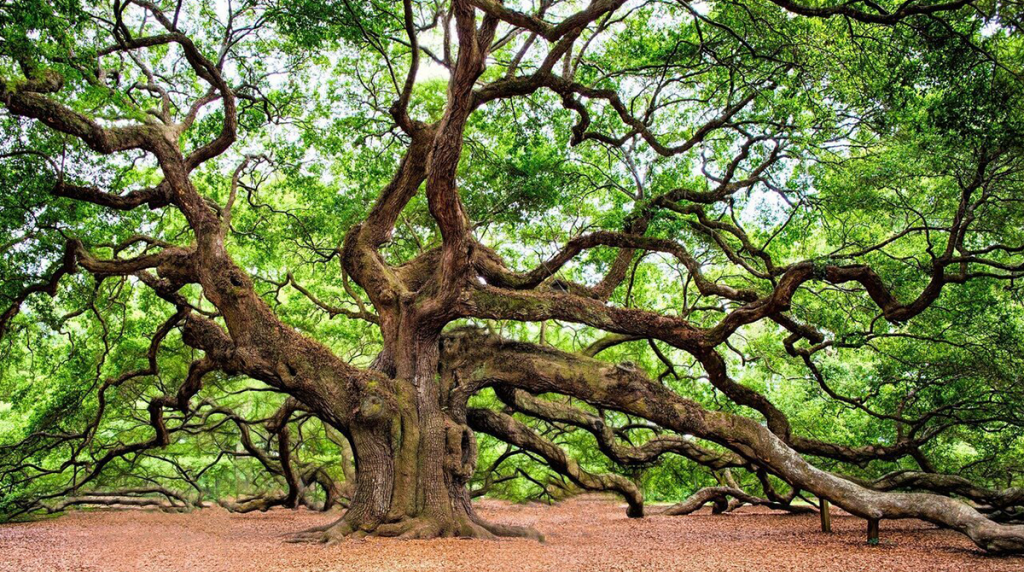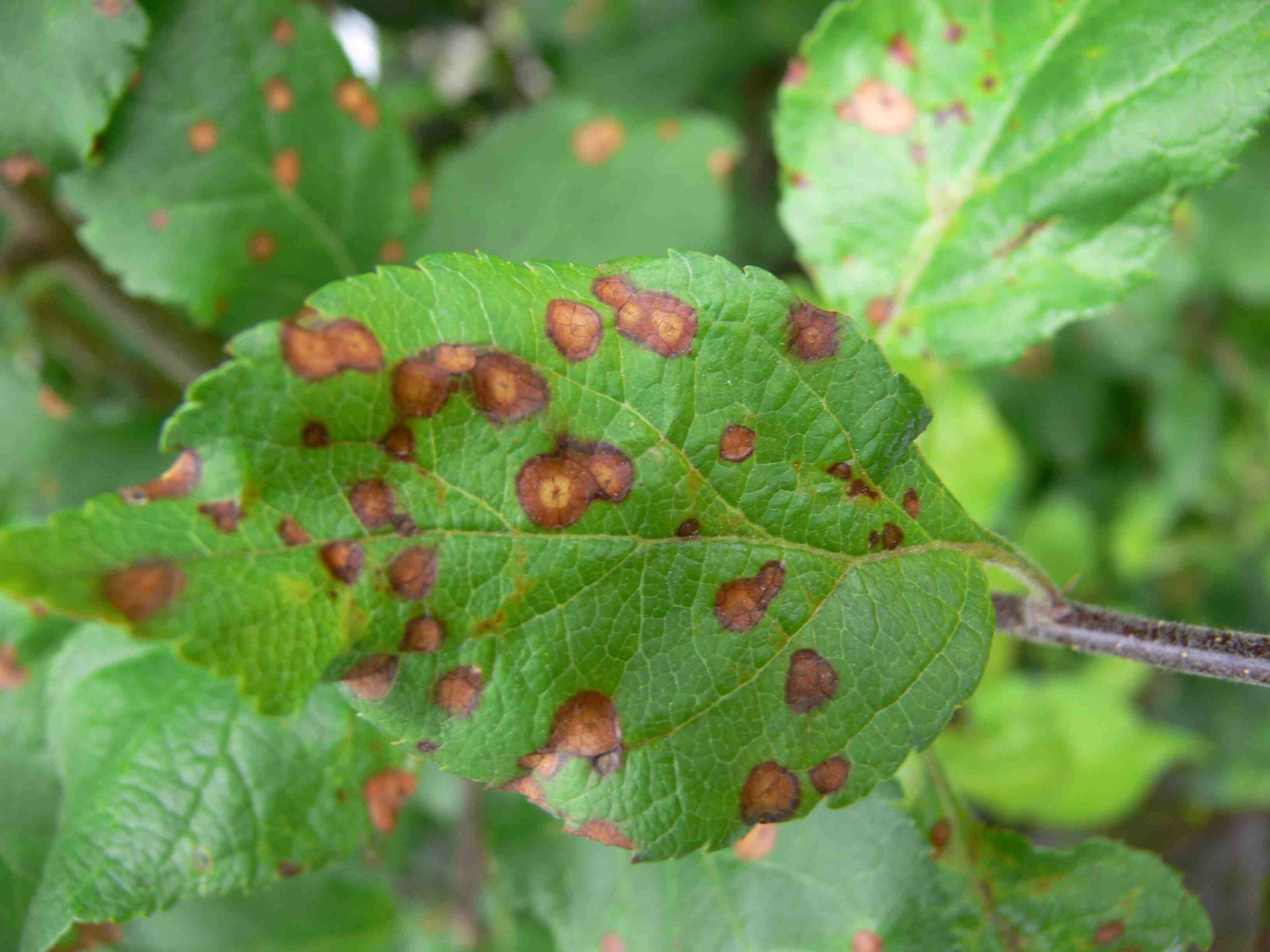How to Choose the Right Tree Fertilizer for Your Dallas Property
Date May 18, 2023
Maintaining a healthy and vibrant landscape is a priority for many Dallas homeowners. A critical aspect of tree care Dallas is selecting the right fertilizer to promote optimal growth and overall tree health. With so many options available, choosing the right tree fertilizer can seem overwhelming. This guide will outline the factors to consider when selecting the ideal fertilizer for your Dallas property, ensuring that you make an informed decision. You can also consult a Dallas tree company for professional advice tailored to your specific needs.
Photo by Jan Huber on Unsplash
Determine Your Trees’ Nutrient Requirements
The first step in choosing the right fertilizer for your trees is to assess their nutrient needs. Different tree species may require varying nutrient levels, and deficiencies can manifest in various ways, such as yellowing leaves, stunted growth, or weak branches. Conducting a soil test can help you identify nutrient imbalances in your yard and guide your fertilizer selection. A local extension office or a Dallas tree company can assist with soil testing and provide recommendations based on the results.
Understand the N-P-K Ratio
Fertilizers are labeled with a three-number ratio, representing the amounts of nitrogen (N), phosphorus (P), and potassium (K) in the product. These elements play a crucial role in tree health, as they support growth, root development, and overall vitality. When selecting a fertilizer for tree care Dallas, consider the following:
- Nitrogen (N): Promotes foliage growth and is essential for photosynthesis.
- Phosphorus (P): Supports root development and overall plant health.
- Potassium (K): Enhances stress tolerance and disease resistance.
- Choose a fertilizer with a balanced N-P-K ratio to provide your trees with the necessary nutrients for optimal growth and health.
Consider the Fertilizer Form
Fertilizers are available in various forms, including granular, liquid, and slow-release. Each type has its advantages and is suited for different applications:
- Granular: Easy to apply and typically less expensive, granular fertilizers are a popular choice for many homeowners. However, they may require more frequent applications to maintain consistent nutrient levels.
- Liquid: Fast-acting and quickly absorbed by tree roots, liquid fertilizers can provide rapid results. They typically need to be applied more frequently than granular or slow-release fertilizers.
- Slow-release: These fertilizers release nutrients gradually over time, requiring fewer applications and providing consistent nutrient availability. They may be more expensive upfront but can save time and effort in the long run.
- Consult with a Dallas tree company to determine the most appropriate fertilizer form for your specific needs.
Evaluate Organic vs. Synthetic Fertilizers
Another factor to consider when choosing a fertilizer for tree care Dallas is whether to use organic or synthetic products. Organic fertilizers, such as compost or aged manure, provide nutrients in a natural form and can improve soil structure and water retention. Synthetic fertilizers are chemically formulated to deliver specific nutrient ratios and can provide faster, more targeted results. Consider your preferences and goals when deciding between organic and synthetic fertilizers.
Seek Professional Advice
If you’re unsure about the best fertilizer for your Dallas property, don’t hesitate to consult TreeNewal, a Dallas tree company, for expert advice. Our professionals have extensive knowledge of tree care in Dallas and can help you make the best decision based on your specific needs and local conditions.
In conclusion, choosing the right tree fertilizer is essential for promoting healthy growth and maintaining a beautiful landscape. By considering the factors outlined in this guide, you can make an informed decision and provide your trees with the nutrients they need to thrive. Remember that proper tree care goes beyond fertilization and includes practices such as watering, pruning, and mulching to ensure the overall well-being of your trees.
